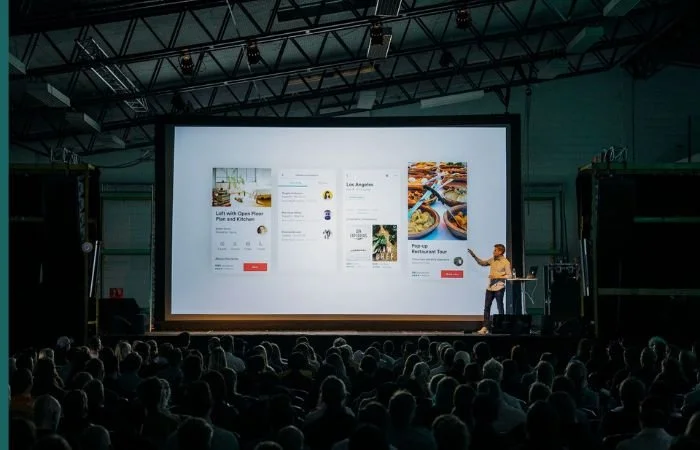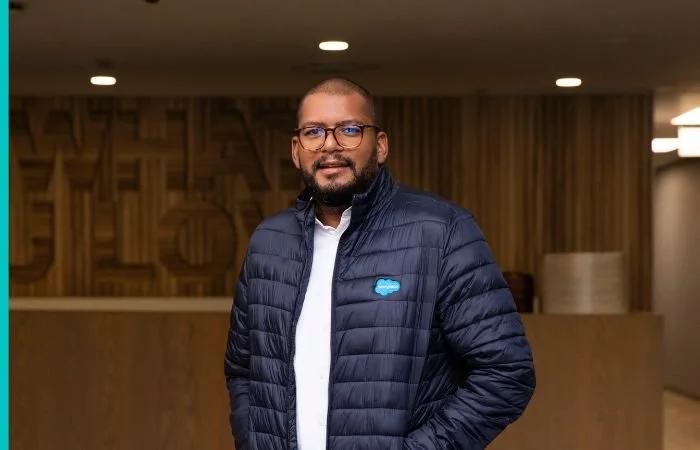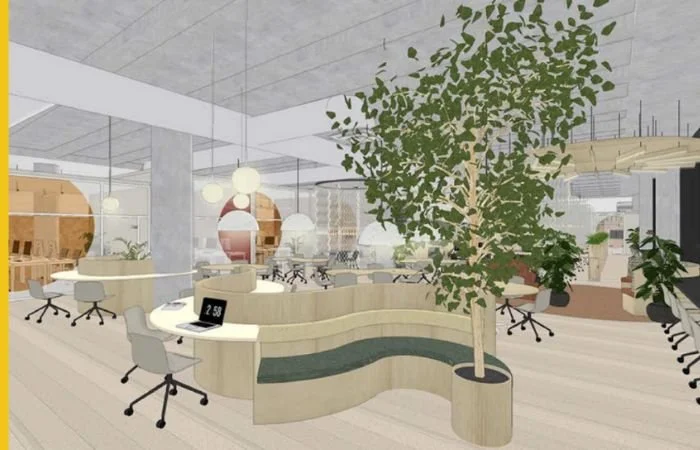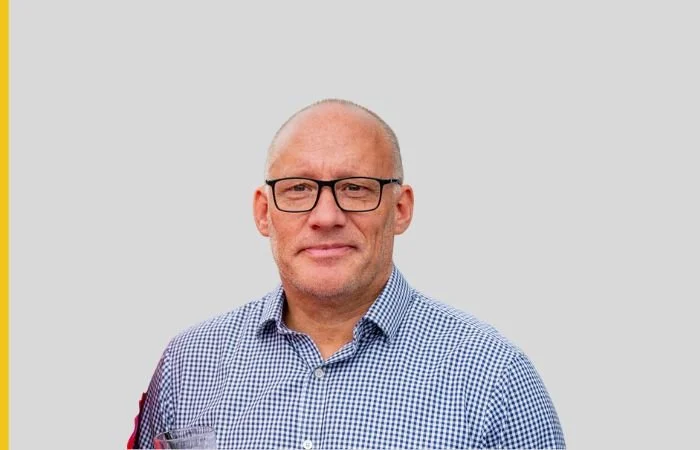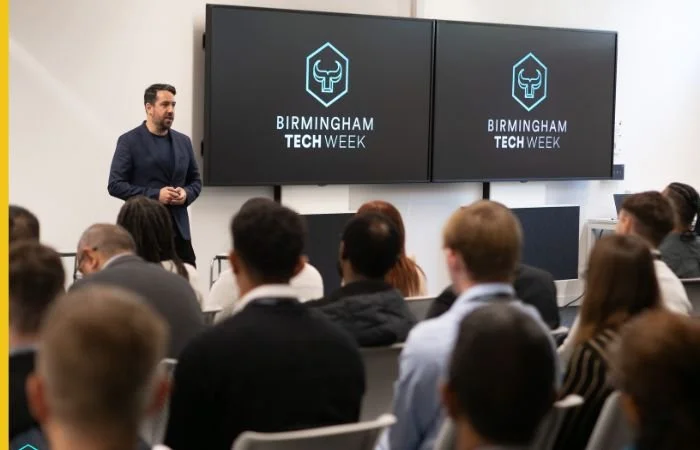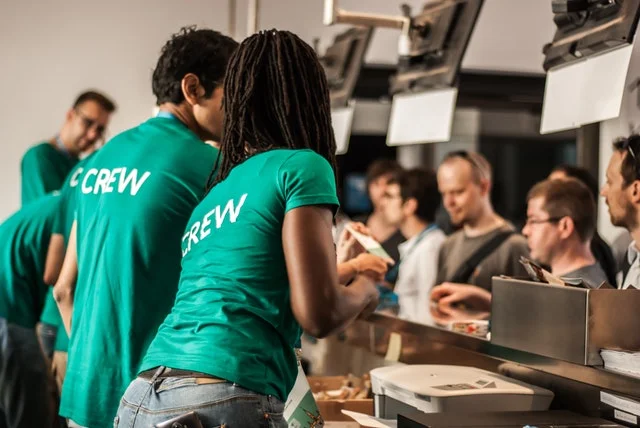Entrepreneurs Share What They’ve Learnt This Year, to Better Innovate in 2018.
With so many things happening across the world this year, Brexit being one of the biggest issues to affect entrepreneurship, entrepreneurs have had to navigate through an interesting year. Many have had to wipe the board clean and rework their strategies for growth, innovation, and funding. Although it has been a year of pivoting for some, it has enabled them to create solid plans in preparation for 2018.
This year, Helena founder at The Guide to Growth, who works directly with entrepreneurs on how best to grow a sustainable business and raise investment had to make some changes for next year.
She says: "In the summer, we had our mid-year meeting and established that we needed to really listen to our customers a lot more in order for us to deliver true value through the free and paid content we produce. We decided to rank our customers/followers from most active to least active. We not only, asked ourselves why these people were where they sat in the ranking, but actually reached out and asked them what we could do more of/continue to do for them.”
“The insight we gained proved to be invaluable. Our sales conversions, subscribers, social media followers, and every Start-Up/SMB's favourite word profit, have all increased and surpassed forecasts.”
By really communicating with her customers, she could really focus on what to deliver. Murphy goes on to say: “We will certainly be taking this lesson into 2018 and implore entrepreneurs to disengage from the day-to-day running of things and ask their customers what they truly want."
While some challenges may force others to halt, many faced the challenges head on with a more strategic plan for success.
Calio is a new calendar app, making it easy for anyone to organise events with their family and friends. The business realised that some features were very similar to a more established company, but instead of changing the plan or accepting defeat, Latif Baluch, co-founder made the call to focus more on being as niche as possible.
“We were initially apprehensive when a global tech firm launched a product that had features overlapping with ours. We learned to become more niche and focus on our core objective. By narrowing one's target market (on the back of a lot of user testing) and identifying how exactly you are adding value you can still grow your user base and build an engaged community. Now we work hard to integrate with the larger competitors rather than trying to fight them.”
Being aware of the competition can sometimes deter entrepreneurs from getting out there, but amidst this, Michael Foote, founder of Quote Goat a comparison website forged ahead with the focus of operating in a fiercely competitive niche.
“When I started the business, I grew it organically to a good size with minimal investment. Organic growth has always been my aim. However, 2017 has led me to come to the realisation that to continue growing we are going to have to change our focus on organic growth and invest in various marketing channels to help us reach our target of comparing quotes for 250,000 people in 2018.”
With great plans for next year, Foote says: “Our marketing plans for 2018 include radio and TV so hopefully you’ll hear about us next year. We have come to this decision having seen other competitors experience significant growth this year and we hope to achieve similar levels of success”.
Brexit has unfortunately had a negative impact on many businesses this year, one being M.I. Supplies, a workwear company based in the North East of England. Managing Director Alex Ingham talks about his experience.
"Since the Brexit vote, our business has been impacted in a number of ways. Due to the fluctuation of the sterling, our costs have risen 11% in 2017 impacting our bottom line hugely. In addition, our biggest client has moved contracts from us, as they are looking to cut costs."
"Because of this, we have pivoted our business for 2018. We’ve pushed further into new avenues online to avoid being so reliant on one major client and we’ll be opening stores in Germany and France next year so we are not as reliant on the UK economy or the strength of the sterling."
Albeit an interesting year, Ingham says: "Even with the loss of such a great client, we are hoping this will increase our company four-fold in the next three years, taking us to £11m revenue."
The concept of having a perfect product or service before launch can be great or can pose some challenges as Alan Mortis, founder and CEO of Yack.net shares his insight after being developed for two years and then finally launching this year.
“In 2017, my team and I succeeded in turning an idea into a product that we’ve now commercially launched. After two years of development, we were finally able to launch Yack.net, a cloud collaboration platform that boasts the capability to automatically record and transcribe calls with up to six participants – creating a fully searchable conversation record.”
“A major lesson I learned this year is that if you think your idea has legs, give it all you’ve got. Sure, the idea might lead to nothing, but it could also take you on an incredibly rich journey. Going down the path with Yack.net this year also taught me a few other things. First, never underestimate the amount of effort you will have to spend on optimising the user experience of your product. And second, you need to focus on integrating other services (in our case, cloud-based calls and a transcription engine) into your product to make it stand out from the crowd.”
Mortis goes on to say: “In terms of our launch campaign, although we started building the public-facing website early on in the product development phase, we didn’t publish it until we were close to launching. I am now seeing that it takes a long time to optimise the site for SEO and see user traction, so I wish that we’d launched the website as soon as we had a clear roadmap for the completion of the product.”
For some businesses, it was a matter of right place, right time while scaling their business. Gregory Blondeau, MD, and founder of Proxyclick talks about his growth experience this year.
“2017 has been a whirlwind as Proxyclick bid its fond farewell to bootstrap mode, raising £2.7million in funding. As the developer of a technology dubbed “ahead of its time”, I can honestly say 2017 can be summed up in two words; perseverance (many years of it) and market ‘alchemy’. We’ve hit that scale-up holy grail of the right technology, at the right time with the exact market conditions to grow our product into a fully-fledged business.”
“Technology adoption has never been as high as it is right now and in our world, property management is now waking up to the SaaS world and finally, PropTech was born. Forward-thinking businesses have spent much of 2017 getting ready for GDPR - the General Data Protection Regulation which comes into effect in May 2018. Ensuring our visitor management system is compliant has kept Proxyclick busy this year.”
With great plans for next year, he goes on to say: “And 2018? Next year will be all about growing the team from 20 to 30 people to better serve the global market and about increasing our visibility.”
No matter how great the year may have been, there is always something to learn, so growth can continue. Tom Shurvile, Managing Director of Distinctly talks about great accomplishments this year, but also the lessons.
"This year has been a very positive one for Distinctly and our agency continues to grow apace. However, as ever, it's been a huge learning curve too as we have overhauled both our sales and account management processes due to some issues with client acquisition and retention.”
“What this means for 2018 is that we will grow the team further but the focus next year will be predominantly on the sales and account management functions, as we want to continue to be bullish in our approach to growth and there are signs that the market is tightening.”
With a focus on opportunities next year, Shurvile shares: “Growth opportunities remain strong but agencies need to remain focused on their strengths but also be agile. In terms of strengths, for us, that means working with the right clients and growing the clients we already work with. In terms of agility, with marketing budgets looking to be squeezed in 2018, our strategies will evolve as we adapt to the changing market climate. This approach will enable us to translate continued high expectations for growth into actual growth".
Growing any business and getting into the routine of things can sometimes be damaging in the long term, even if the business has already achieved success. Being able to really look at the business from the ground up a couple of times a year is important. Leo Cunningham, Managing Director of GroomArts, shares his experience of running his business this year:
"This year we discovered that from time to time, despite all the spinning plates and daily operational demands, it is absolutely vital to step away from the business and question the brand foundations. You must look at the cornerstone beliefs of your brand and make sure that they are true, that they are rock solid, unshakeable and that everyone and I mean everyone, believes in them. This will be the reason why your staff will come to work through all the horrible daily traffic, it will be the reason why your salespeople no longer use sales ‘techniques’ because they now rely on beliefs and it will be the reason why your customers will actively seek you out.”
“Without beliefs, you have a commodity business and consumers will not buy into that crap in the long term. Once you believe in what you believe, everything becomes more natural, more focused, easier to deal with for that one simple idea that you, as an organisation, have a collective purpose. You become a unit.”
“Once you have internal brand positioning supported by unshakeable beliefs, your business becomes more focused on communicating with that base. The services that you provide, the products that you make, the ideas that you create all stem from a position of belief.”
“I used to work as a strategic brand planner and would frequently interview my client’s heads of department to see what they understood their brand meant to them personally. It was quite often the norm to find that there were tremendous differences in people’s perception, which in turn then trickled down to the guys and girls at an operational level. Consequently, I found many an established brand to be confused and subsequently spent a huge amount of money on comms just to establish a position.”
“Belief, my friends. Belief is where it is at. If we share common beliefs then I will listen more attentively to you, I will forgive any foibles more easily (the halo effect) and heck I will even let you hold my baby. “
Sharing his plans for 2018, Cunningham says: “What will we do in 2018 that will be the biggest influence on our business? Easy - believe in what we believe and grow on that basis.”
The day-to-day of any business comes down to planning and preparation, no matter how much the business has achieved. Alessandra Sollberger, founder of lifestyle and nutrition brand Evermore talks about prioritising.
“I’ve learned the importance of prioritising on a daily basis and saying no to what’s not of key importance. Managing your time is about identifying your priorities. I’ve learned so much about that this year and I’m excited to apply it in the new year. Every action you take is an “input”... so if you define upfront what you want the "output” to look like, you’ll have a pretty objective way of understanding what’s working and what needs to change.”
Progression must always be met with a focus on mental health and wellbeing, especially in entrepreneurship. Because the reality is; it’s not as easy as it seems and can weigh heavily on entrepreneurs as well as employees. David Brudo CEO and founder of the mental wellbeing app Remente shares his experience this year.
“Before we founded Remente, I suffered from work-related stress, which later leads to a depression. Thus, I know it is very important to take breaks and reflect. Working at a startup business can be challenging in many ways, so it is even more essential to take a time-out sometimes.”
With the new year around the corner Brudo says: “Next year, we will continue to focus on introducing more of these types of stress-reduction initiatives and work on mindfulness techniques. Additionally, we have also implemented R.O.W.E - Results Oriented Workplace Environment, which focuses on the result rather than the hours spent in the office. This approach leads to employees will have a better work-life balance and organize their workday that would best suit their need.”
Chris Vincent, managing director of V4 Woodflooring, said: “The last year has been good for me. I think the uncertainty out there in the business arena has made me look in fine detail at v4 and how we run as a business, which has meant a few changes that have helped us start to grow again and have record start to this financial year."
“Times like this can be good for an entrepreneur who thinks on his feet. I took a step back and looked at the business and also at what competitors are doing. It became clear that many of them were just standing still, which gave v4 an opportunity to make gains in the market. This is where the entrepreneurial spirit really kicks in and there is a clear advantage over big business. You can make quick changes of direction for the company when others just get caught up in red tape and board meetings."
When asked about his plans for next year Vincent says: “We looked mainly at how we interact with our customers. This led to a refreshed brand, new website, improved retailer displays and the opening of the £3 million v4 World design centre in 2018, which alongside the introduction of new wood floor collections, represents significant investment but is already paying dividends with a record month of turnover achieved in November.”
Rupert Poulson, CEO and founder of Avinity, says: “The devil is in the detail, and I’m the devil!”
“I have always been a hands on Founder, CEO, Managing Director - oh and marketing, sales, finance, operations, warehouse etc etc. Realising that I don’t need to worry or deal with the detail is the best thing that I have learned from this year. “
“In fact its been invaluable. I have promoted from within and employed some key personnel, who are now running the business on a day to day basis. All of a sudden I have found myself with more time. More time to help grow the business, develop a happy workforce and be more strategic. It has been quite difficult to let go but the results speak for themselves. It has been nothing but positive for the business. I intend to step away completely from all day to day running of the business in 2018 and let the team do their job, not interfere and let the business run and be managed without m.”
What have you learned this year, that will affect how you run your business next year?



















